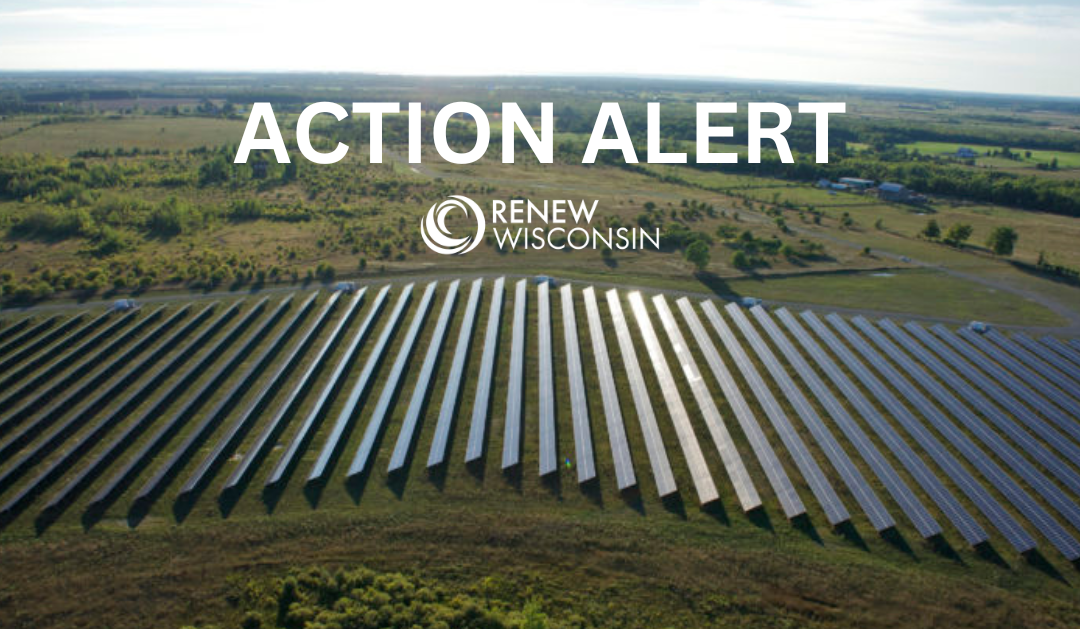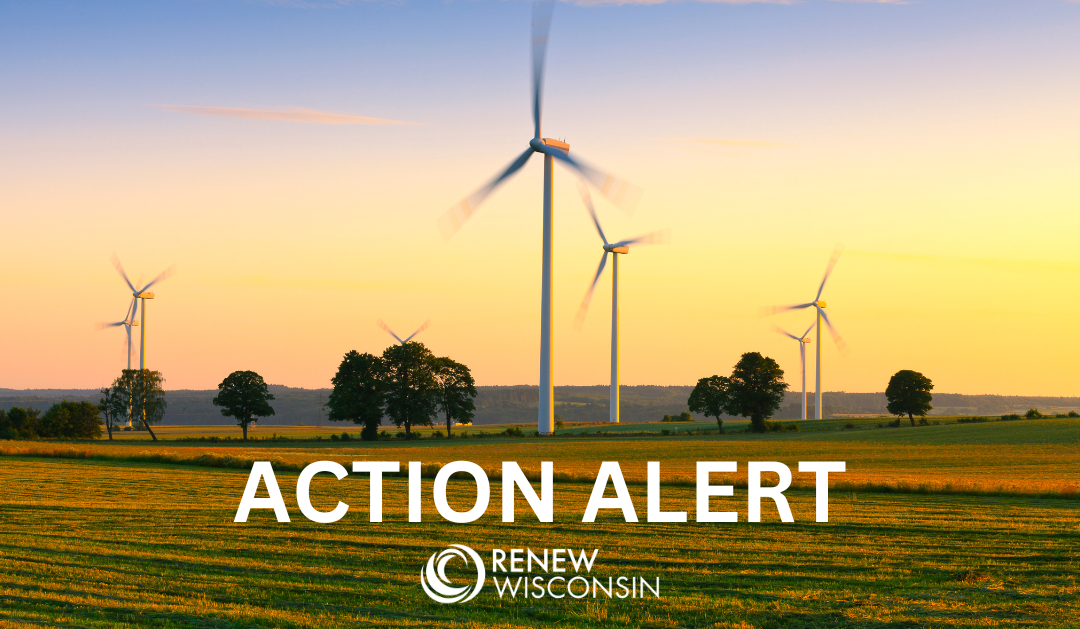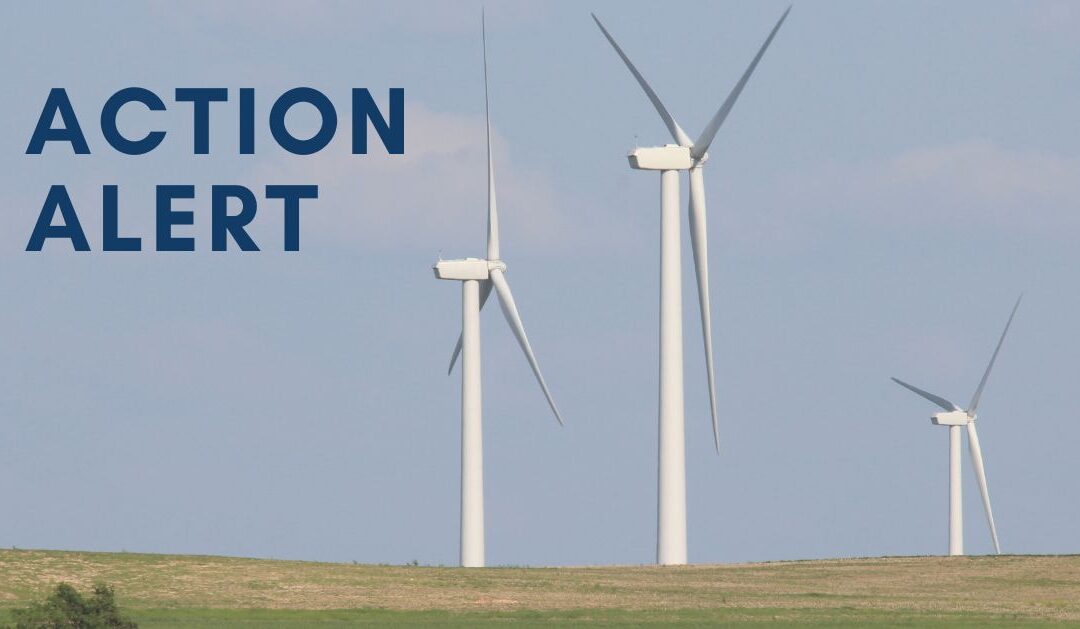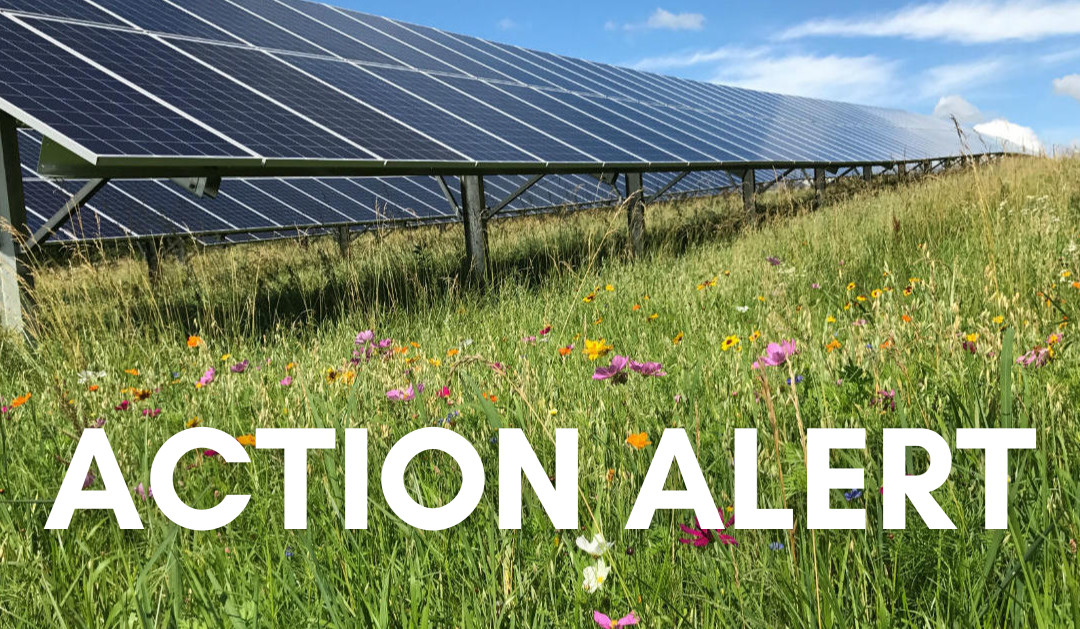
Action Alert: Show Your Support for Whitewater Solar
Public comments are now open for Whitewater Solar, a 180-megawatt solar project in Jefferson and Walworth Counties. The project is seeking approval from the Public Service Commission of Wisconsin (PSC), and your voice can make a difference. This is your chance to tell the PSC why you support expanding solar energy in Wisconsin. The public comment period is open now through July 11.
By showing your support for Whitewater Solar, you’re helping to advocate for:
- Economic Growth: Whitewater Solar will create hundreds of jobs during construction as well as good-paying, long-term operations and maintenance positions. It will also produce affordable and reliable clean energy for Wisconsin residents. It is expected that this project will produce $259 million in additional economic activity in Wisconsin.
- Community Benefits: Once in service, Whitewater Solar will contribute more than $900,000 in utility-aid payments each year. These payments will go to Jefferson and Walworth Counties, the City of Whitewater, and the Towns of Whitewater and LaGrange. Utility-aid payments are often used to fix roads and support local municipal services, all without creating an additional tax burden for residents.
- Environmental Responsibility: Whitewater Solar has undergone thorough environmental studies to minimize impact. It will contribute to cleaner air and water and support a healthier Wisconsin. In our testimony to the PSC, we estimate that the Whitewater Solar will displace fossil fuel generation and avoid over 293,000 tons of CO2 in the first year of operations alone.
Submit your comments today and tell the PSC you support the approval of Whitewater Solar. You can use the key points listed above to help craft your own unique message.



